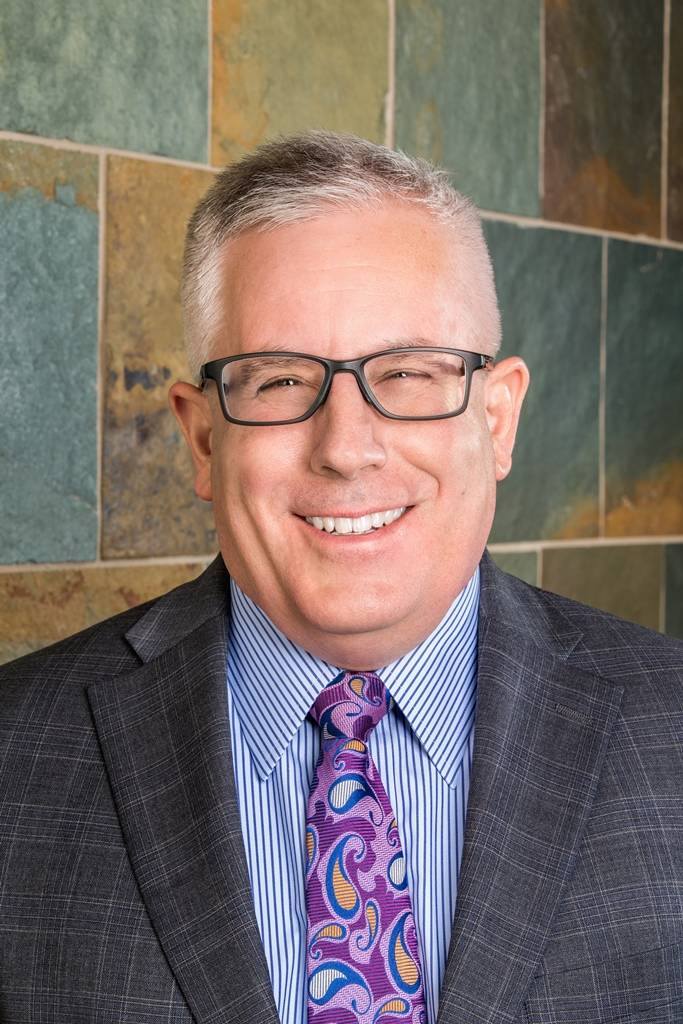The Small Business Administration or SBA offers a number of programs designed to help small businesses get through difficult times. This article focuses on two new programs specifically designed to help businesses impacted by the COVID-19 pandemic. These are part of the Coronavirus Aid, Relief and Economic Security Act, also known as the CARES Act, which President Donald Trump recently signed into law.
The first program is part of the SBA’s Economic Injury Disaster Relief Program, also known as the EIDL. Through the EIDL, the SBA is offering a loan advance or grant of up to $10,000 to small businesses. This grant does not have to be paid back.
The EIDL grant is available to businesses that have fewer than 500 employees. This includes companies, independent contractors and self-employed people as well as private nonprofit organizations and IRS 501(c)(19) veterans groups. Faith-based organizations including churches, synagogues, mosques and temples are eligible for this grant as long as they are recognized IRS 501(c)(3) organizations. The SBA has specific fact sheets discussing the eligibility of faith-based organizations.
A business may use the EIDL grant for a wide variety of purposes including providing paid sick leave to employees, maintaining payroll, making rent or mortgage payments and paying obligations that cannot be met due to revenue losses.
Applications for the EIDL grant are made directly to the SBA and no private lender, such as a bank, is involved. The application can be found at the SBA’s website at www.sba.gov/funding-programs/loans/coronavirus-relief-options
Once at that page, click on the tab for “EIDL Loan Advance.” That will lead to the online application process. The grant program expires on Dec. 31, 2020 and businesses are encouraged not to wait too long to apply.
The EIDL grant application process is straightforward. You will need basic information about your business, including your tax identification number or social security number. You will need information regarding how much you made last year, and how many people you employ if you are not self-employed. The program is designed to get you grant funds within three days of application approval.
A separate program is the Paycheck Protection Program or PPP. The CARES Act provided $349 billion in forgivable loans through the PPP. The primary purpose of the loan is to keep people employed at the same compensation levels during the eight weeks that follow approval of the loan application. Many believe that by that point in time, the worst of the pandemic in the United States will have passed.
Like the EIDL grant, the PPP loans are available to a wide variety of businesses including those with 500 or fewer employees, sole proprietorships, self-employed persons, private nonprofit organizations and veterans groups.
The loan amount for a particular business (and its affiliates) is capped at $10 million. The loan amount is calculated as 2.5 times the applicant’s average monthly payroll costs. Allowable payroll costs include all forms of compensation including salaries, commissions and tips. Payroll also includes the cost of benefits such as paid vacation time, parental, family, medical or sick leave, allowances for separation or dismissal, payments related to health care benefits and insurance premiums and payment of any retirement benefits. Also included, are state and local taxes, but not federal payroll taxes. For purposes of the calculation, payroll costs for each employee are capped at $100,000 per year. Special rules apply for business that started after Feb. 15, 2020.
The terms are the same for every borrower. The loan may be used to pay employees, and up to 25 percent may be used to make mortgage payments, rent and utilities. The interest rate is 1 percent. Payments are deferred for six months, and the entire amount is due in two years, unless the loan is forgiven (in whole or in part). The loan may be prepaid at any time without a penalty.
Unlike the EIDL advance, a business does not apply through the SBA but instead through a private SBA approved lender. These include banks and other financial institutions. Businesses, sole-proprietorships and self-employed people should check with their bank first to see it is an approved SBA lender.
Businesses can apply to have the principal amounts on these forgiven. The loan can be forgiven, however, forgiveness will be decreased if an employer lets go employees or reduces salaries by more than 25 percent. If a business has already let people go or reduced salaries, they can still qualify if they rehire or restore those people by June 30, 2020.
For businesses, this program already started on April 3, 2020, and some loans have been approved and funded. For sole proprietors and the self-employed, the program opens on April 10, 2020. The program will accept applications through June 30, 2020, or until all of the funds are expended.
Small businesses need to be aware that both of these programs are barely a week old, and the rules and regulations implementing them are still evolving. Therefore, business owners should work closely with the SBA and their lenders when proceeding.
John M. Naylor is a partner at the Las Vegas law firm of Naylor & Braster at 1050 Indigo Drive, Suite 200, 702-420-7998. He is a former judge advocate with the United States Air Force and practices business law and business litigation.







